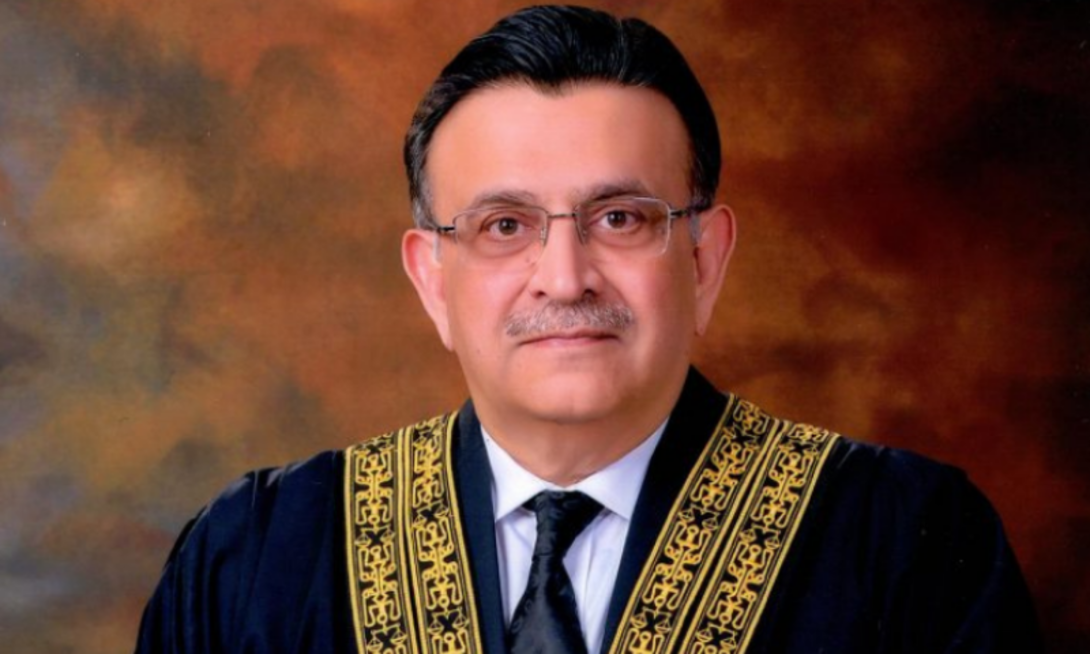As a five-member Supreme Court bench headed by Chief Justice of Pakistan (CJP) Umar Ata Bandial on Wednesday announced that the elections in Punjab and Khyber Pakhtunkhwa are to be held in 90 days in a suo motu case, the debate on discretionary powers of the CJP has renewed amid dissociation of judges from the bench earlier constituted by the CJP for the case.
The verdict was announced today by the bench comprising Justice Mansoor Ali Shah, Justice Munib Akhtar, Justice Jamal Khan Mandokhail, and Justice Muhammad Ali Mazhar.
However, the chief justice had earlier formed a nine-member bench, headed by him and included Justice Ijazul Ahsan, Justice Syed Mansoor Ali Shah, Justice Munib Akhtar, Justice Yahya Afridi, Justice Sayyed Mazahar Ali Akbar Naqvi, Justice Jamal Khan Mandokhail, Justice Muhammad Ali Mazhar, and Justice Athar Minallah.
Justices Ijazul Ahsan and Sayyed Mazahar Ali Akbar Naqvi recused themselves from hearing the case amid opposition from the coalition government.
Meanwhile, Justice Afridi and Justice Minallah disassociated themselves from the proceedings as they expressed their opinion on the maintainability of the petitions on the matter.
Moreover, Justices Syed Mansoor Ali Shah and Jamal Khan Mandokhail did not distance themselves from the bench but added dissenting additional notes along with Justice Athar Minallah, and Justice Yahya Afridi.
In the note, Justice Mandokhel has raised questions over suo motu notice of the case, saying the matter should be resolved within the parliament.
Justice Mansoor Ali Khan questioned why senior judges were not included in the bench.
Justice Afridi in his additional note also raised questions about the maintainability of petitions.
Justices Afridi and Mandokhel also draw attention to an alleged audio leak wherein it is suggested that Pakistan Tehreek-e-Insaf is able to get favourable benches to hear their cases and questioned why was there no institutional response to the audio leaks.
Justice Minallah asked for a full court to hear the case and disassociated himself from hearing the case.
In another case proceeding, Supreme Court judge Justice Qazi Faez Isa refused to hear the scheduled cases after the benches were reshuffled.
Justice Isa also said the benches should not be changed arbitrarily and also questioned whether the Chief Justice of Pakistan (CJP) has absolute discretion in the constitution of benches and fixing of cases.


